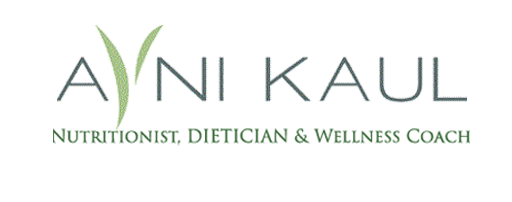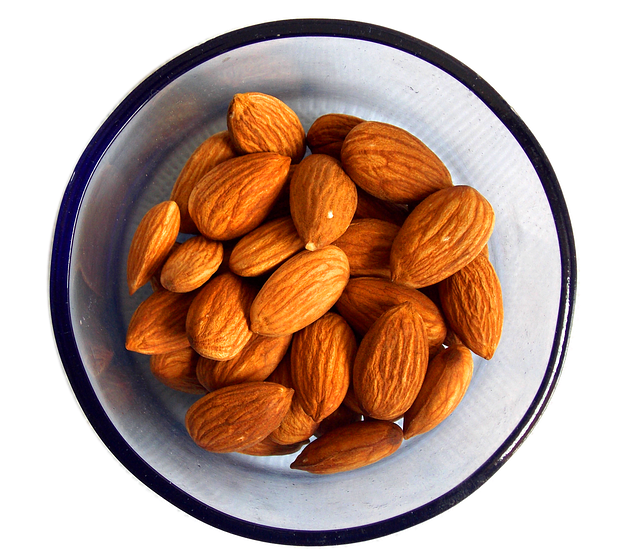Hypothyroidism is a condition in which your thyroid gland is not able to produce enough thyroid hormone. Since the actual purpose of the thyroid hormone is to run the body’s metabolism, it is understandable that people with this condition will have symptoms linked to a slow metabolism.
In today’s blog Nutritionist Avni Kaul talks about essential nutrients and minerals to have if suffering from hypothyroidism.
Fibre
People suffering from hypothyroidism mostly have slowed digestion, and chronic constipation is a common complaint, even when an underactive thyroid is being treated. Getting adequate levels of fibre can help promote regularity in bowel movements and relieve chronic constipation.
It is a wonderful nutrient for cardiovascular and digestive health as well as stabilizing blood sugars. Fibre can be in whole grains, vegetables, fruits, beans, and legumes. Take at least 3–4 grams per serving. You should try to get 25-30 grams a day.
Magnesium
Magnesium is integral to remain healthy specifically when your thyroid is not functioning properly. Magnesium assists regulate muscle and nerve function, blood sugar levels, and blood pressure.
If suffering from hypothyroidism magnesium is a vital nutrient. Food sources of magnesium include almonds, pumpkin seeds, spinach, and fermented dairy products.
Magnesium deficiency can affect the normal functions of the body and leads to decreased uptake of iodine by thyroid cells and therefore there is a subsequent drop in thyroid hormone synthesis.
Iron
The deficiency of iron can cause a certain form of anaemia known as iron deficiency anaemia. The interlink between iron, red blood cells and TSH can contribute to hypothyroidism by interfering with the normal function of the thyroid gland. Iron is integral to growth and development. It is used to make haemoglobin a protein in red blood cells. Iron is required to take oxygen from the lungs and supply it to cells all over the body. Iron is also required to make the protein myoglobin which brings oxygen to the muscles. Iron is essential to hypothyroidism because it helps make hormones. Pumpkin seeds, sesame seeds, Rajma, chickpeas, and beans are some sources of iron.
Iron deficiency anaemia (IDA) impairs thyroid metabolism and may negatively affect growth and development in children.
Protein
Protein is required to make body cells, tissues, and organs. Protein has been seen to help with the healing process, weight loss, and satiety. People with thyroid dysfunction also need to make sure they are availing enough protein at each meal. Raw nuts and seeds, chia seeds, flaxseeds, legumes, and beans are good sources of protein.
Iodine
Our body uses iodine to make thyroid hormones. This is why an iodine deficiency can cause hypothyroidism, a condition in which your body cannot make sufficient thyroid hormones. Fortunately, this deficiency is easy to prevent. Milk, yogurt, and iodized salt are good sources.
Special Online Diet Program, Designed for Home Quarantine
Do anxiety, boredom, and stress from home isolation are causing you sleeplessness, fluctuations in blood pressure and sugar levels, and frequent indigestions? Are you worried about your immunity level and weight gain due to the homestay and due to the absence of morning walks and Gym?
Join Nutritionist Avni Kaul’s special online diet program, designed to keep you fit, reach weight loss goals and boost your immunity while you stay during home isolation. To know more and book your online appointment, call 9953228642.
Talk to the Nutritionist Avni Kaul to know more about Special online diet programs for weight loss and obesity management, Therapeutic Diets for people suffering from Thyroid, Diabetes, Hypertension, PCOD, and Irritable Bowel Syndrome.




